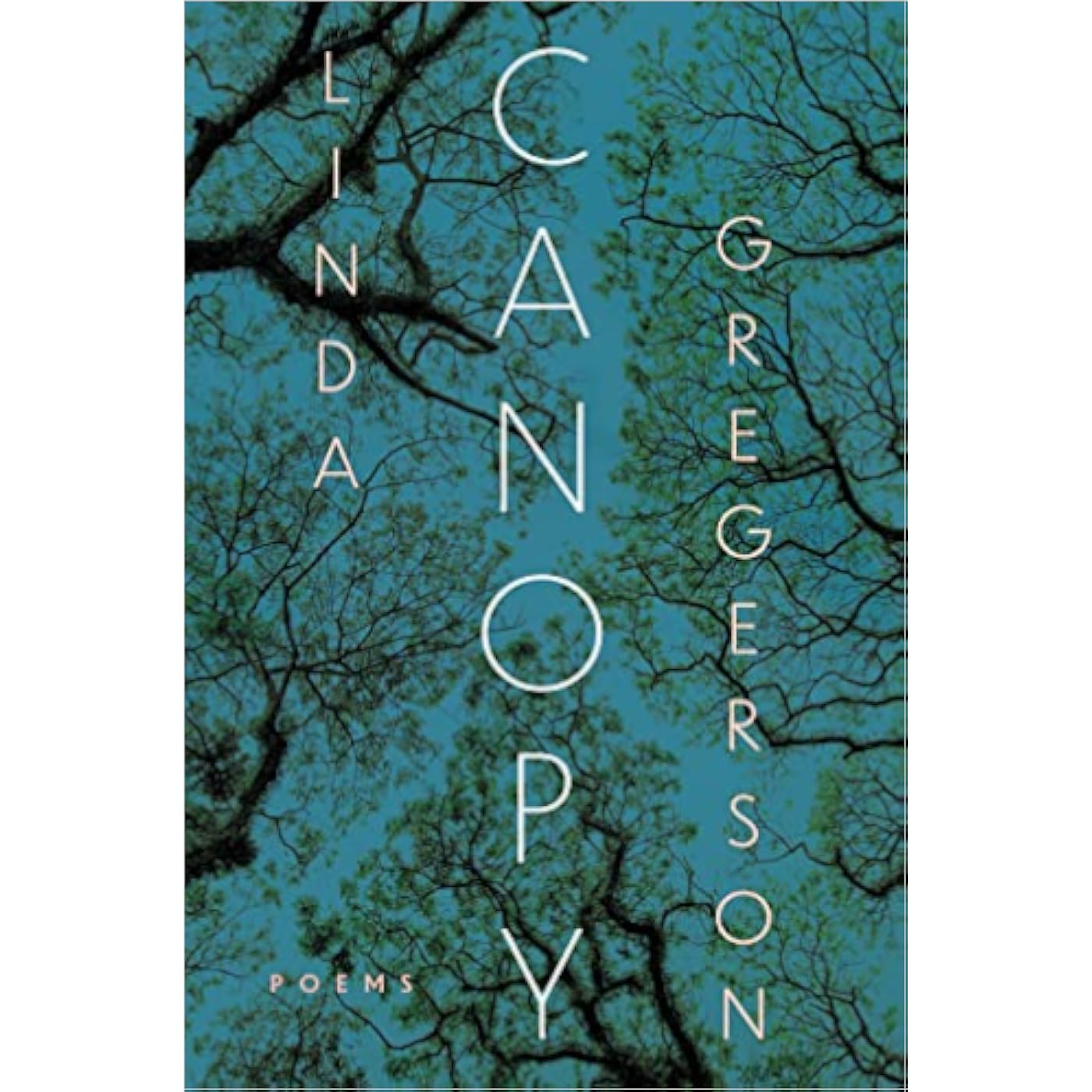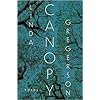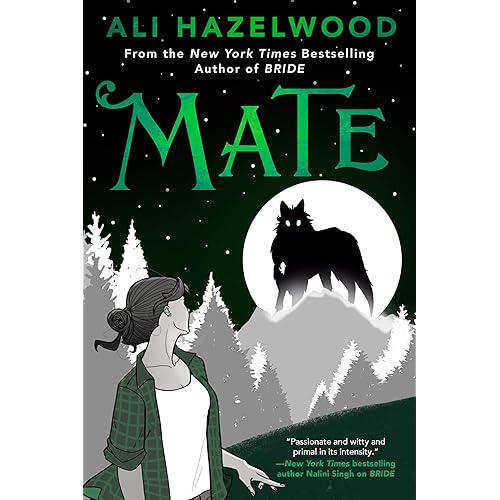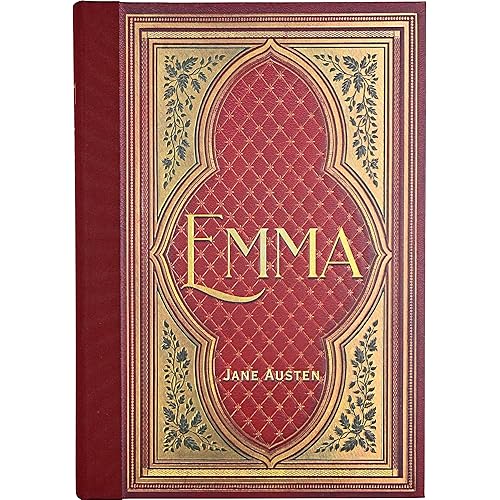

Buy Now, Pay Later
- – 4-month term
- – No impact on credit
- – Instant approval decision
- – Secure and straightforward checkout
Ready to go? Add this product to your cart and select a plan during checkout.
Payment plans are offered through our trusted finance partners Klarna, Affirm, Afterpay, Apple Pay, and PayTomorrow. No-credit-needed leasing options through Acima may also be available at checkout.
Learn more about financing & leasing here.
This item is eligible for return within 30 days of receipt
To qualify for a full refund, items must be returned in their original, unused condition. If an item is returned in a used, damaged, or materially different state, you may be granted a partial refund.
To initiate a return, please visit our Returns Center.
View our full returns policy here.
Recently Viewed
Description
A long-awaited yet startlingly urgent new collection from “a contemporary master”—a fierce, big-hearted eye on our last, tumultuous decade, and our fragile environment Los Angeles Review of Books Linda Gregerson’s long- awaited new collection is a tour de force, a compendium of lives touched by the radical fragility of the planet and, ultimately, the endless astonishment and paradox of being human within the larger ecosystem, “in a world where every breath I take is luck.” From the Syrian refugee and ecological crises, to police brutality and COVID, to the Global Seed Vault buried under permafrost, the poems ask: How does consciousness relate to the individual body, the individual to the communal, the community to our environment? How do we mourn a loved one, and how do we mourn strangers? The magnificent poems in Canopy catalogue and reckon with humanity and the natural world, mortality, rage, love, grief, and survival. Read more
Publisher : Ecco (March 22, 2022)
Language : English
Paperback : 96 pages
ISBN-10 : 0358622255
ISBN-13 : 53
Item Weight : 4 ounces
Dimensions : 5.9 x 0.4 x 8.9 inches
Best Sellers Rank: #795,990 in Books (See Top 100 in Books) #414 in Family Poetry (Books) #503 in Nature Poetry (Books) #749 in Death, Grief & Loss Poetry (Books)
#414 in Family Poetry (Books):
#503 in Nature Poetry (Books):
Frequently asked questions
To initiate a return, please visit our Returns Center.
View our full returns policy here.
- Klarna Financing
- Affirm Pay in 4
- Affirm Financing
- Afterpay Financing
- PayTomorrow Financing
- Financing through Apple Pay
Learn more about financing & leasing here.





















